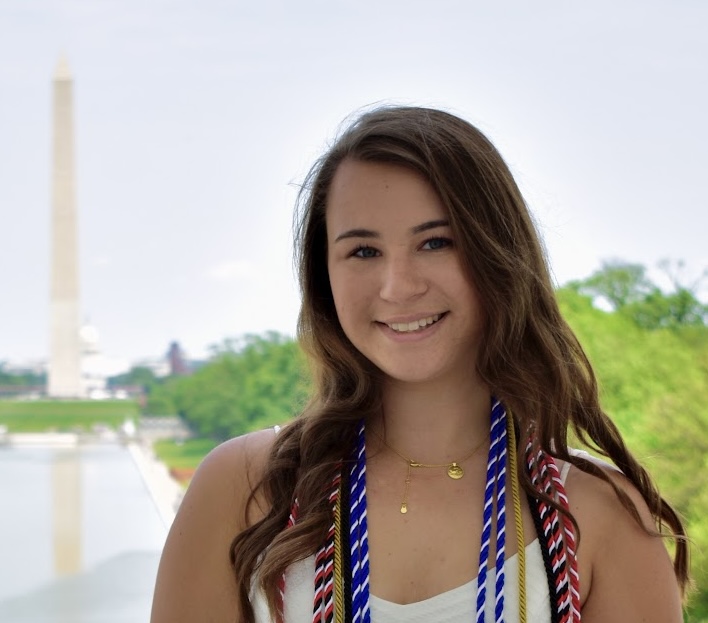Both North and South Carolina’s 2025 legislative sessions are in full swing, and it looks like we could see notable developments in education over the coming months.
This year, South Carolina’s regular legislative session runs from January 14 through May 8, though legislative business could and often does extend beyond this point. North Carolina’s long session began on January 8 and is slated to adjourn sometime in July, but it can extend longer in certain circumstances.
Each state has lofty goals for education policy. Here are some key bills and proposals school board members should know about.
North Carolina
- S55 and H87: Requiring local school districts to adopt a cell phone-free school policy. The Senate bill is more expansive than the House version.
- S48: If it is not offered at their current school, this would allow high school students to participate on the sports team of the closest school with that program. This opportunity would also extend to private and home-school students.
- H82: Creating a study commission to review the local school administrative units with the five largest student populations and determine if they experience negative outcomes due to population size. Suggest remedies as appropriate.
- Several bills have also been filed to offer more school calendar flexibility (list here)
There are other proposals, like increasing teacher pay, expanding the Opportunity Scholarship program, and promoting transparency in the school grading system, that have yet to fully materialize but will likely be relevant this year.
South Carolina
- School Board Livestreaming (S.77 & H.3200): Requiring local school boards to adopt a policy for livestreaming their public meetings. Notably, the Senate version, which advanced out of the Senate Ed. Committee with amendments on Wednesday, would apply to all meetings subject to state FOIA laws (meaning work sessions and committee meetings, as well as full board meetings).
- Education Scholarship Trust Fund (S.62): Creating the K-12 Education Scholarship Lottery program, providing scholarships to a limited number of low-income students for education expenses such as private school tuition, books and tutoring.
- Open Enrollment Expansion (H.3199): Requiring local public school boards to adopt an open enrollment policy, with intent to allow students to attend schools beyond their locally designated attendance zone. Policy details would be set at the district level.
- H.3191: Making school board members eligible for state health and dental plans.
- H.3759: Establishing statewide partisan school board elections.
- Educator Assistance Act (H.3196): Seeks to give teachers more flexibility in relation to moving, the use of sick days, and certification.
- Phone-free schools (S.65): Codifying the state’s phone-free school policy, which requires all school districts maintain a policy restricting students’ phone and electronic device access while at school.
- S.78, S.88: Allowing relevant prior work experience to be counted towards the teacher salary schedule, subject to certain conditions.
- S.79: Allowing certain schools, such as those in critical geographic areas, to hire a limited number of non-certified teachers, with certain conditions.
- H.3195: Requiring schools to provide minimum periods of recess and physical education for K-8 students beginning in the 2026-27 school year.
If you didn’t get a chance to attend our Legislative Previews or would like a recap, you’re in luck! Both recordings are available on our YouTube channel. Click here for North Carolina, and here for South Carolina.

